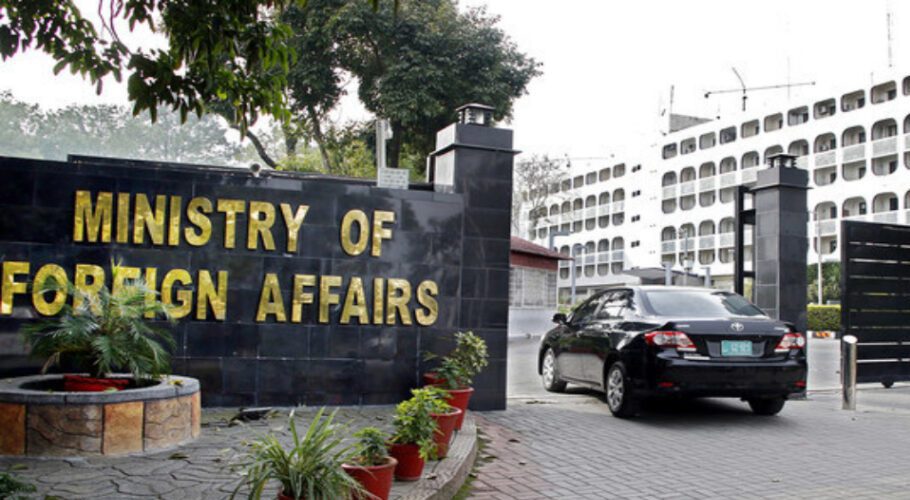Prince Rahim Aga Khan V, the newly appointed 50th hereditary Imam of the Shia Ismaili Muslims, embodies a legacy of spiritual leadership intertwined with a commitment to human development.
Following the principle of “Nass,” which states that each Imam chooses his successor from among the male members of his family, Prince Rahim takes on a role that not only pays tribute to his father, Prince Karim Aga Khan IV, but also aims to meet the changing needs of the Ismaili community and the wider world.
The Aga Khan IV, or Prince Karim Aga Khan, is known for his vast work in human development. On his watch, the world has seen much his development effort in health and education. His vision helped lay the ground for the Aga Khan Development Network (AKDN). This is a global organization with the aim of enhancing the quality of life for individuals and communities in some of the most challenging environments in the world. He founded one of the most important institutions under his leadership, which is the Aga Khan University (AKU). It is one of the global centers of excellence in education and healthcare. Headquartered in Pakistan, AKU not only offers world-class education but also becomes a pioneering research hub that tackles critical health issues across the region and beyond.
Under the aegis of Prince Rahim Aga Khan, numerous global programs will continue to blossom, with major focus in Pakistan, the nerve center of AKDN. Initiatives are underway from Karachi to Gilgit-Baltistan and are really touching the hearts of the locals. In fact, since the inauguration of the first Jubilee School in Gilgit-Baltistan in the 1960s, education rate has shot up from an insignificant 5% to an enviable 95%. This remarkable increase has transformed the lives of the local population, equipping them with the skills and knowledge necessary to lead sustainable and successful lives.
The university has consistently worked to ensure that the students who graduate from its Faculty of Arts and Sciences as well as medical college are equipped to become healthcare professionals and leaders of the society, thus improving the education and health outcomes in developing regions. Prince Karim has been involved in education, health and climate change. He has initiated the establishment of many schools and educational institutions through the Aga Khan Education Service, all focusing on providing quality education to the marginalized. He has inspired thousands of people to end the cycle of poverty and achieve their personal and professional goals.
Prince Rahim, now Imam, takes forward his father’s legacy and adapts it to the dynamic landscape of the 21st century. His vision is not only to replicate past successes but to innovate and align the AKDN efforts with contemporary global challenges, particularly in the context of rapid technological advancements and the ever-pressing issue of climate change. He is the Chairman of AKDN’s Environment and Climate Committee; through such an important position, Prince Rahim shows deep devotion to sustainability. He recognizes that climate change requires urgent, coordinated action to address its many challenges. The AKDN under his leadership initiated several projects, including renewable energy, sustainable agriculture, and biodiversity conservation. All these efforts are crucial as they address the needs of vulnerable communities in the present and the long-term health of our planet.
Prince Rahim, as Imam, focuses on integrating traditional values with modern requirements. He looks forward to the fact that, despite the increasing rate of changes in the world with artificial intelligence and technological innovation, the Ismaili community and people in general will stay relevant. Spiritual leadership in the 21st century is more than guiding a community in matters of faith. It is to equip them with the tools and knowledge to cope with the challenge of the present day.
His engagement with global leaders, governmental bodies, and civil society organizations underlines his commitment to fostering partnerships that enhance the Ismaili community’s impact on social development. He addresses poverty, education, and healthcare, among other issues, to lift the most marginalized and vulnerable populations, ensuring their voices are heard and their needs are met.
The principle of “Nass,” which instructs the succession of Imams in the Ismaili tradition, therefore makes it all the more pressing to concentrate on continuity within spiritual leadership. The chain of guidance has ensured knowledge, wisdom, and authority pass from one generation to another. Prince Rahim’s appointment thus reflects an unbroken legacy that provides for the Ismaili community leadership and also represents both tradition and modernity.
Prince Rahim Aga Khan V is a new chapter in the journey of society and the Ismaili community, one that is characterized by spiritual depth as well as a commitment to global development.
The monumental contributions his father has made in health and education have set a high standard, and Prince Rahim is committed to building on this foundation. As he assumes the office of Imam, he is actually well-prepared to lead this society and the community into the future with vision and purpose, ensuring that society and the Ismaili community carry forward their legacy and adapt to the challenges and opportunities of the 21st century. Prince Rahim Aga Khan V is an example of hope and progress both for himself and his community and the world at large, through his unwavering commitment to human development, environmental sustainability, and ethical governance. He will undoubtedly inspire future generations to continue on a path of compassion, innovation, and resilience in the face of changing circumstances.




























